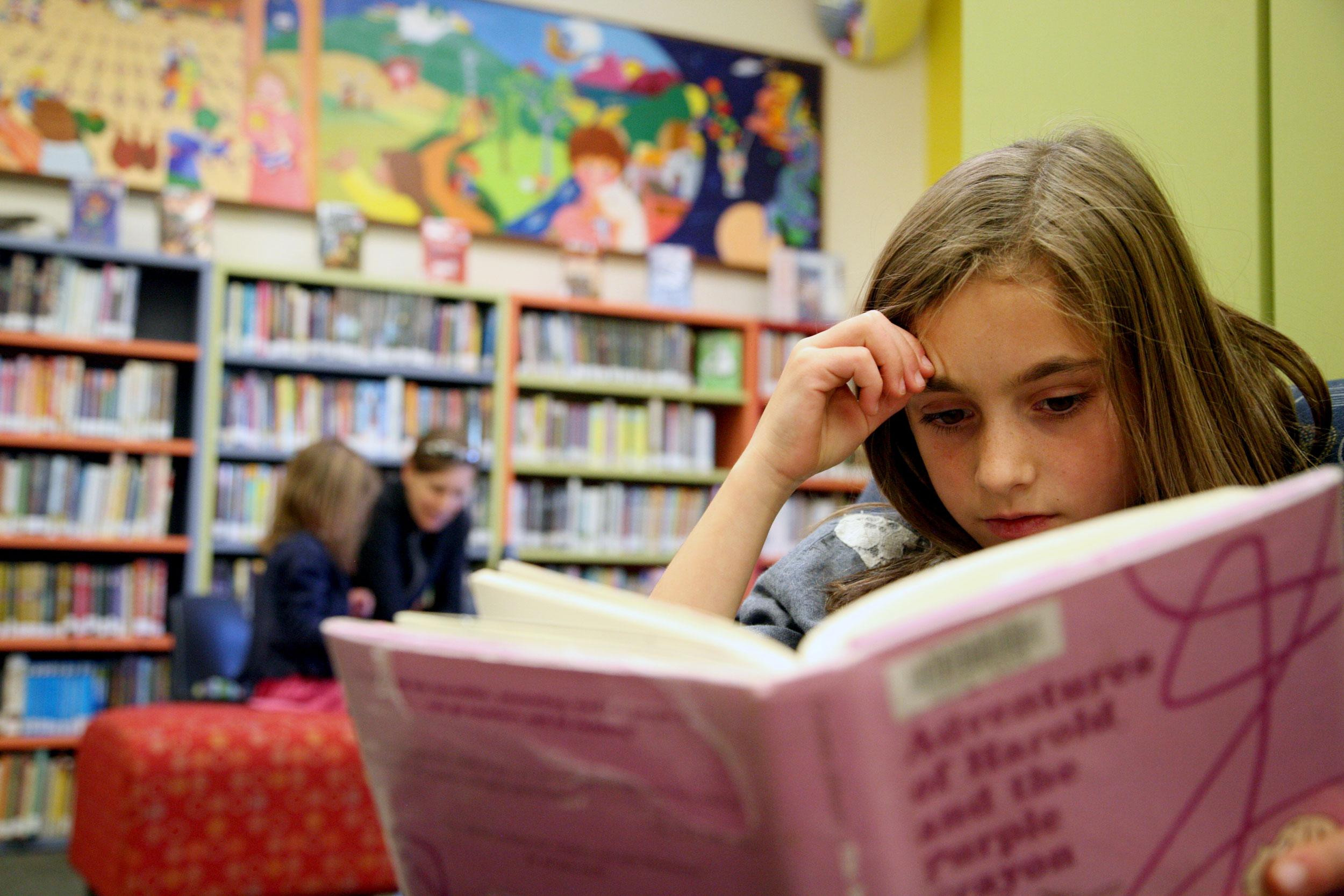
Some years, the number of cows outpaces the number of people in Delta County.
Its 30,000 humans are spread between one small city and a handful of tiny towns that dot an irrigated desert. Almost none have a movie theater, bowling alley or stoplight available nearby. But nearly all of them have a library.
All the branches of Delta County Libraries — Paonia, Hotchkiss, Cedaredge, Crawford and the city of Delta — were started by residents, some more than a century ago. Generations later, voters in the same communities are now deciding whether to fund those libraries with a tax increase or effectively scale them back.
The measure in Delta County is one of about a dozen similar ballot questions across the state asking to fund local libraries, inevitably bringing up the question of just how important these institutions still are in an increasingly digital, distracted world.
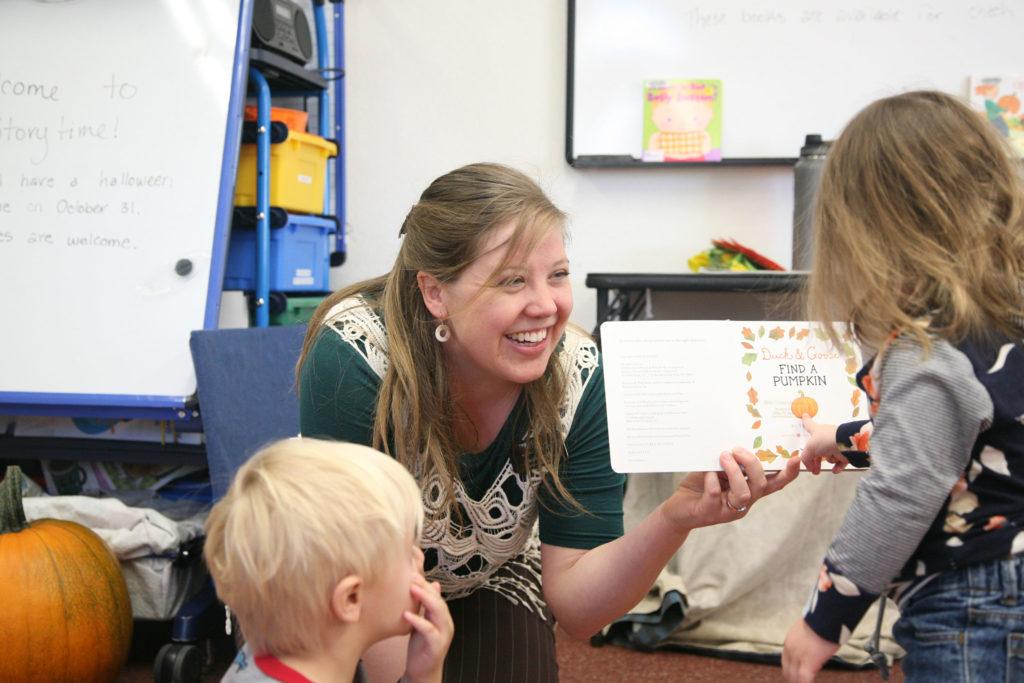
But no one’s questioning their relevance at Storytime, one of Cedaredge Public Library’s most popular events, full of wide-eyed toddlers smiling and squealing as they point to a picture book about pumpkins. Whitney Bicknese and her 22-month-old Tatum come every week.
“There's not a whole lot for little kids like this. So this is kind of our main thing,” she said, smiling down at her daughter. “So it's a big deal to us.”
Tracy Ihnot, who works in communications for Delta County Public Libraries, is hoping the majority of county voters also see the impact of libraries in their lives. She’s naturally sunny and used to describing the library system as a “ray of light” to locals.
But now she’s bringing attention to what she calls “that dark gray cloud.”
“So that they also understand something needs to shift for us, in order to continue doing what we're doing,” Ihnot said.
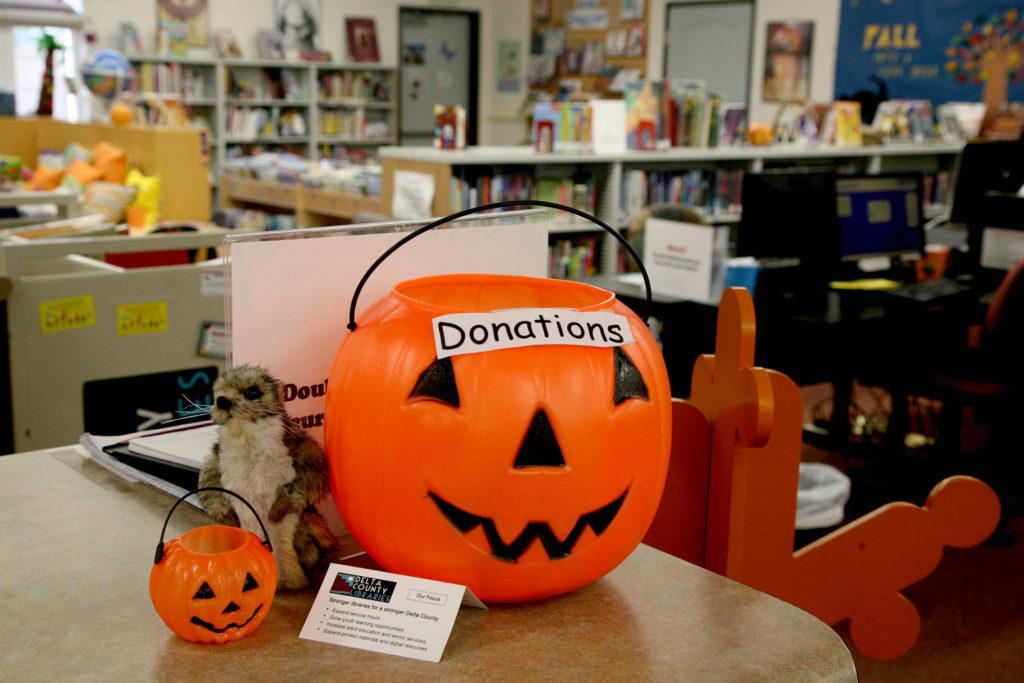
That cloud is the more than $650,000 a year in funding Delta County Libraries has lost since 2011. Hours have been cut by about 30 percent, and Ihnot said that’s going to keep happening if voters don’t approve ballot measure 7A on Tuesday. If 7A fails, Ihnot said the majority of outreach programs would disappear, like delivering books to seniors and bringing librarians into schools. Each library would also be closed an additional day.
“It means less of everything,” she said.
A yes vote on 7A would restore the hours and programs cut in recent years. The problem Delta County Libraries face, like many libraries across the state, is that they’re funded by property taxes. Even though property values have been going up, the amount of money that libraries get has gone down due to state limits on residential property tax rates. If passed, this measure would cost the average homeowner in Delta County about $40 a year.
Ihnot is hopeful, but a similar measure failed in 2013. She knows some people will never vote for a tax increase on principle. Also, Delta County has many residents on fixed incomes.
“There’s a lot of people that feel very stretched,” she said.
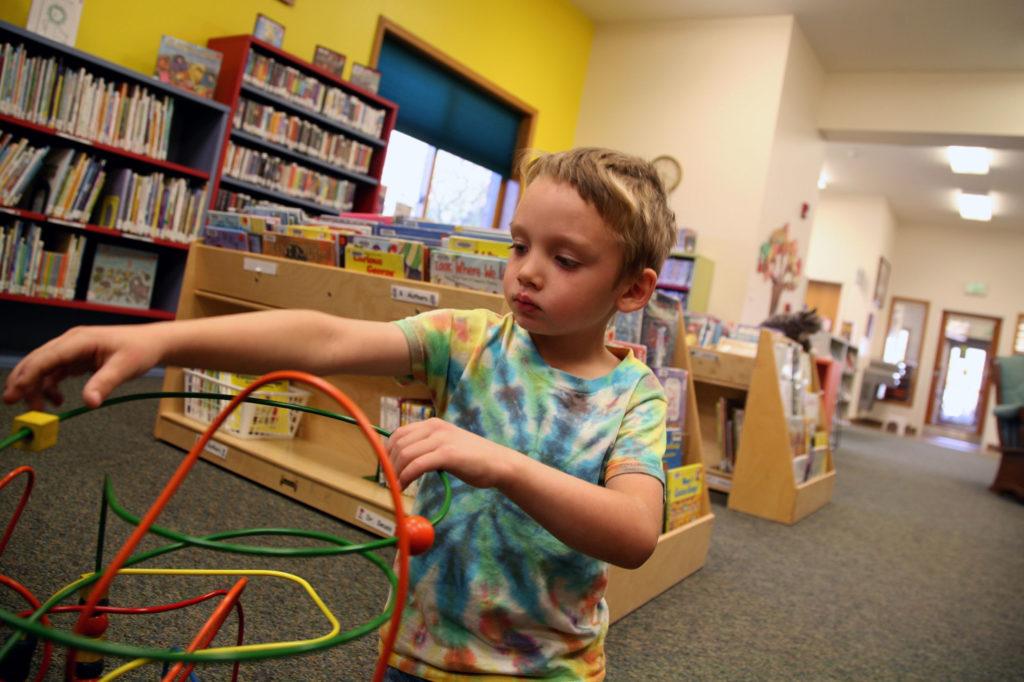
Another potential problem for the library measure is that it’s one of six local tax increase proposals residents are voting on, including for schools and public safety. With that crowded ballot, it’s been hard for the library tax to stand out.
Lanamae Byler, browsing the Hotchkiss library with her four kids, said she wouldn’t have known about 7A is she “hadn’t been curious to check out one of the signs in someone’s yard.”
And even with those signs all over the county, plus talk about it on local community radio, she thinks the measure is still flying under the radar for many. So Byler’s been trying to change that, one neighbor and family member at a time.
“I laid it out for my nephew who is freshly 18 and registered to vote and he doesn't know anything about how to read a ballot or anything,” she said. “So I explained what it meant.”
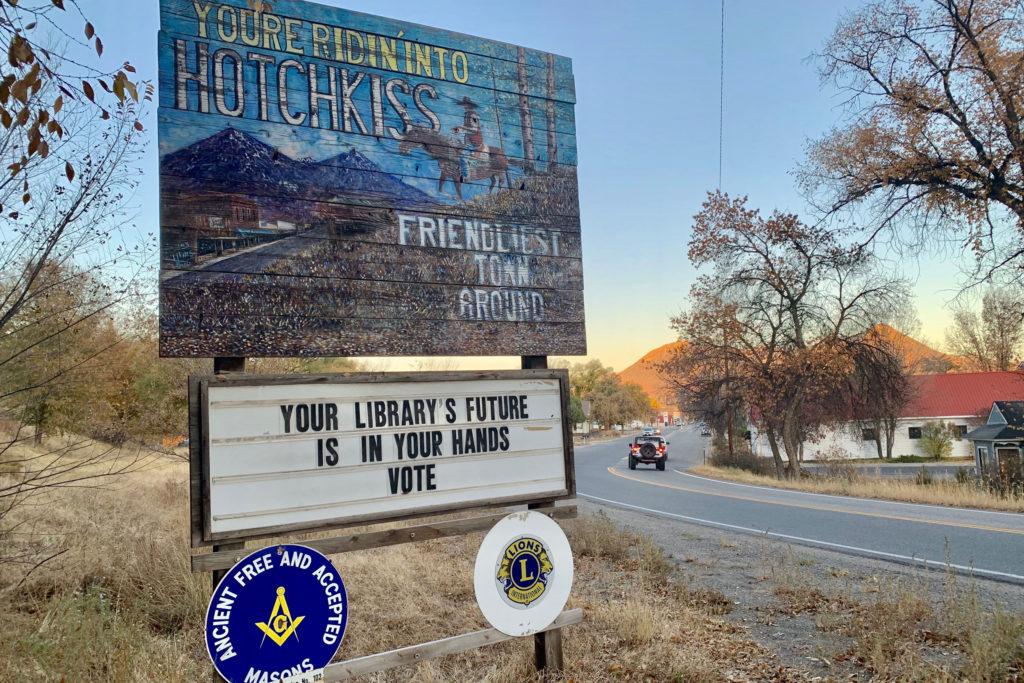
He told her he’d vote yes.
But longtime library supporter and former county commissioner Bruce Hovde worries there might be plenty more waiting to vote no, just like six years ago.
So, does he think it will pass this time?
“I have absolutely no idea,” Hovde said. “It's, as they used to say, it's a crapshoot.”
And he thinks maybe it will all depend on whether the voters, when they fill out their ballots at the kitchen table, happen to be paying their bills at the same time.









